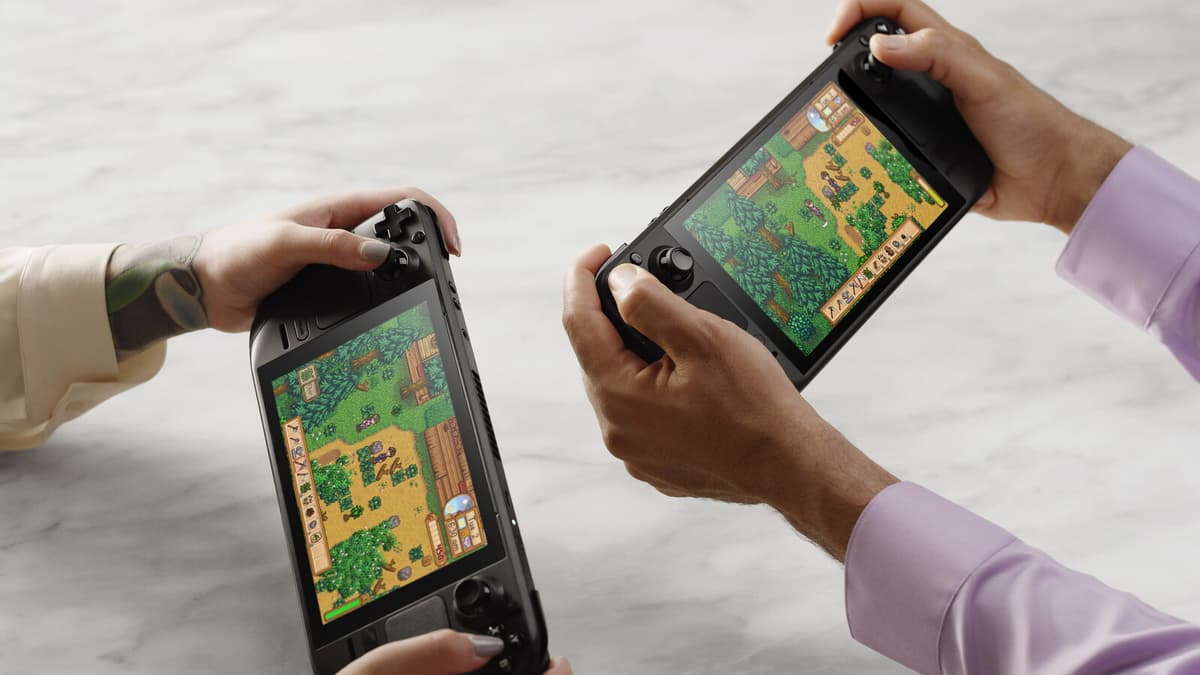A forthcoming law in California, USA, will force tech giants to clearly inform consumers that digital purchases do not grant ownership, but rather a license to use the product. The gaming platform Steam, which dominates the PC market for game purchases, has preempted the law and now clearly informs customers at the time of purchase that what they are paying for is a license, not ownership of the game.
If Steam, or a game developer, for some reason closes down or withdraws a purchased game, it can no longer be used. It is also not possible to transfer or sell licenses in the same way as physical games.
Game companies have long hidden this type of condition deep in contracts, says Sinan Akdag, digital expert at the Swedish Consumers' Association, and continues:
It is likely that Swedish consumers have bought games under these premises for years. One can question how aware they have been that what they are buying is a license. There is reason to believe that the contractual terms may be unfair.
Shift in the industry
Akdag calls Steam's clarification an example of "power imbalance" between sellers and buyers.
Services like Steam often use formulations that make it feel like you own the games, it's called "your library" and similar.
He notes that it is very unusual for games to be completely withdrawn, but sees the development as part of a larger shift in the industry:
The business model is becoming more and more like streaming services, they want to be able to control how games are consumed. How long do you get to play before you need to buy an add-on or an expansion. Often it's a small amount of money at first, but it's a way to lock in consumers.
"Many advantages"
The organization Dataspelsbranschen views Steam's clarity as overwhelmingly positive:
Legally, nothing has changed. When it comes to software, it has always been about a license. The last 15-20 years, the industry has gone from cassette to disk to digital products. Now you can log in on any computer and download the game, says CEO Per Strömbäck.
According to Strömbäck, the digital reality also creates closer contact between developers and consumers.
Game companies want players to be happy and satisfied. They have often received criticism in various contexts, but also corrected themselves in response to that criticism.
Steam is a platform where users can buy, download, and play games. It was created and operated since 2003 by the game company Valve ("Half-life", "Counter-strike") and is the largest gaming platform for PC.
In September 2024, the platform had over 38 million active users simultaneously.
The success of Steam has led Valve to also launch the handheld physical console Steam Deck, essentially a portable computer that can play Steam games you've purchased.






